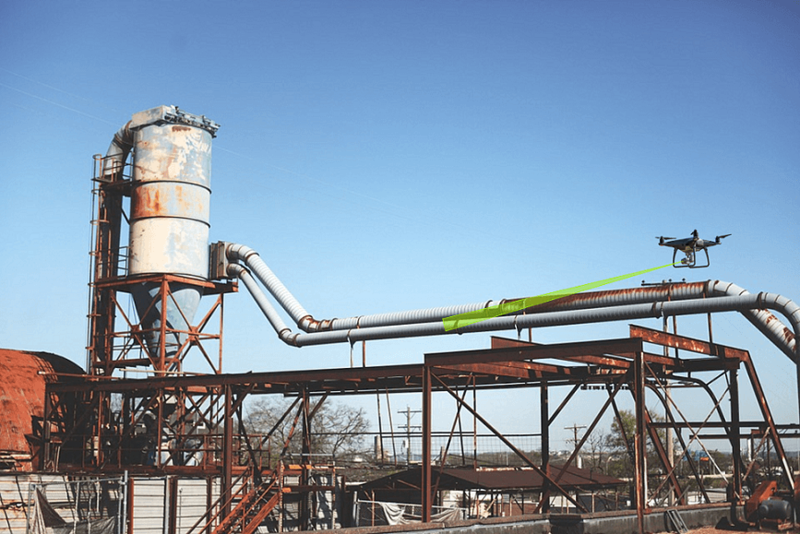
EBRD extends $ 21.3 m loan to Red Sea wind energy farm in Egypt
The European Bank for Reconstruction and Development (EBRD) is supporting the development and sustainability of ...

The Global Cleantech Innovation Program (GCIP) – implemented by the United Nations Industrial Development Organization (UNIDO) and funded by the Global Environment Facility (GEF) – backed the implementation of innovative clean tech small and medium sized enterprises (SMEs) in Morocco and South Africa.
According to the International Labor Organization (ILO), small economic units with up to 49 employees account for 70 percent of global employment, yet SMEs and start-ups are often not given the opportunity to transform their innovations into viable enterprises that attract investments, so as to bring them to scale and have the environmentally and socially transformative impact that the world desperately needs.
This is where GCIP comes in to give these SMEs their chance.
The GCIP backed Farasha Systems and Shems for Lighting which have redirected their efforts to assist with the COVID-19 pandemic.
Farasha is at the forefront of the Fourth Industrial Revolution, providing maintenance services for energy infrastructures using unmanned aerial vehicles (UAEs) and artificial intelligence (AI). The start-up offers intelligent and predictive maintenance for industrial and renewable installations.
In response to COVID-19, the company has mobilized its resources to develop a spraying system fitted to a drone, which enables the disinfection of public spaces. In addition, the company has developed a thermal drone that can detect the temperature of people without approaching them.
Shems for Lighting has reoriented its solar lamp production workshop into a workspace for manufacturing protective visors. To date, the start-up has produced 6,000 visors that have been distributed to hospitals and law enforcement agencies.
The company is also developing a system of infrared lamps for the disinfection of public spaces and is also developing a solar-powered thermal camera system for monitoring body temperature.
Euodia Naanyane-Bouwer was the overall runner-up and winner of both the best women-led team and social impact innovation awards in the 2017 South African GCIP. She also received a special commendation for social impact at the GCIP Global Forum held in Los Angeles in January-February 2018.
Her company, Gracious Nubian, is a social enterprise based in Bloemfontein in the Free State Province. The company designs, develops and manufactures an innovative washable sanitary pad that can be reused for up to two years.
Naanyane-Bouwer’s product is aimed at addressing both the high cost of sanitary pads – which keeps two-thirds of girls in rural areas out of school during menstruation – and the impact of disposable sanitary pads on landfill sites and water treatment plants. It is currently mainly distributed to girls in poor rural schools in the province through corporate social investment programs and other forms of support.
Based on its established expertise and track record in the medical materials industry, Gracious Nubian joined forces to manufacture medical-grade face masks in partnership with the Vaal University of Technology, which is sponsoring the medical material, and Med-FM, a medical radio station, which is doing the marketing and distribution of the masks.
Capitalizing on the GCIP alumni network in South Africa, Naanyane-Bouwer will be working with Sandiswa Qayi, the 2016 GCIP-SA youth-led team winner, to provide face shields and face masks to impoverished rural schools in the Free State Province.
Qayi’s company, AET Africa, manufactures the Hot Spot, a geyser sleeve that can be retrofitted over any standard geyser element to circulate water from the bottom to the top, providing hot water within 30 minutes, achieving significant energy savings. She repurposed an assembly plant in Dimbaza in the Eastern Cape to manufacture face shields and face masks for COVID-19.
Current clients for these products include individuals, corporates and one government department.
With the reopening of schools in South Africa expected soon, the two companies will be utilizing Naanyane-Bouwer’s existing networks in the Free State Province to distribute face shields and masks to pupils in rural schools, together with the sanitary pads.
“The GCIP supports entrepreneurs developing disruptive early-stage cleantech innovations that address the climate change and energy challenges and helps transform them into fast-growing enterprises,” explains Alois Mhlanga, Chief of UNIDO’s Climate Technology and Innovations Division.
“Locally nuanced solutions led by innovative start-ups and SMEs can help to create resilient, locally based economies. Particularly in developing countries, they can act to help to address the deficit of modern energy services, which is a major barrier to social and economic development.”
The European Bank for Reconstruction and Development (EBRD) is supporting the development and sustainability of ...
The Food and Agriculture Organization of the United Nations (FAO), in partnership with the Azerbaijan ...
About 18 new green shipping corridor initiatives emerged worldwide in the last year alone – ...


اترك تعليقا